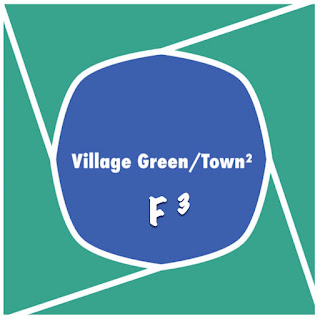Someone, somewhere has to think these things up. Then someone else develops them in the test kitchens. After that, it’s consumer taste-testing, focus groups, and then you market them.
Here they are!
“munchums”
Our limited edition M&M’S Munchums Chocolate Baked Snacks are a totally new type of chocolate snack. Inside our unique, crunchy baked outer shell is a crispy center coated in milk chocolate. They have 40% less sugar than M&M’S Milk Chocolate Candies, they’re gluten-free, and made with natural flavors so everyone can get in on the fun.
The words that caught my eye here are “Baked Snacks”. This is clearly a term created by the food industry. Did your mother ever ask you when you got home from school, “Would you like a glass of milk and a Baked Snack?”
It isn’t candy, it isn’t junk food, it’s a Baked Snack. I honestly don’t know why they didn’t try to market this as a breakfast cereal. “The taste kids love with a wholesome baked shell!” Probably reducing the sugar content from the candy version by 40 per cent still wouldn’t cut it in the cereal aisle. Or maybe it disintegrates in milk. Or looks really, really ugly.
What other foods are designated as “Baked Snacks”? Cheez-Its, for one, also Baked Lays, Combos, any number of salty snacks. I think the term became popular when anything fried was deemed an invitation to heart disease and an early death. But here we see it used on a product which is essentially candy masquerading as…I don’t know. A cookie? A cracker?
Imagine a chocolate chip cookie but with the ratio of cookie dough to chocolate reversed. Now break it into round pieces. What is that, exactly?
I know! It’s something you can feel comfortable eating by the handful. Yeah, that’s it. Do we think anyone will be eating munchums one by one? Counting out the recommended healthy portion? No, I thought not.
The food industry employs all sorts of people to create terminology like “Baked Snacks” and someone somewhere has to carefully define exactly what a “Baked Snack” constitutes. All of this is part of a process to convince consumers to have a craving for and to buy products that aren’t necessary for a healthy diet and aren’t particularly good for them.
They don’t want to hear you say “junk food.” Oh, no.
Yes, I have eaten all sorts of foods that weren’t particularly good for me over the years. This is not some holier-than-thou sermon on the evils of junk food. (There. I said it.) It’s about words, and how the food industry uses them to motivate, entice, and even fool consumers by subterfuge and manipulation.
Can you think of any other examples? For some reason Tang comes to mind.


Comments
Post a Comment